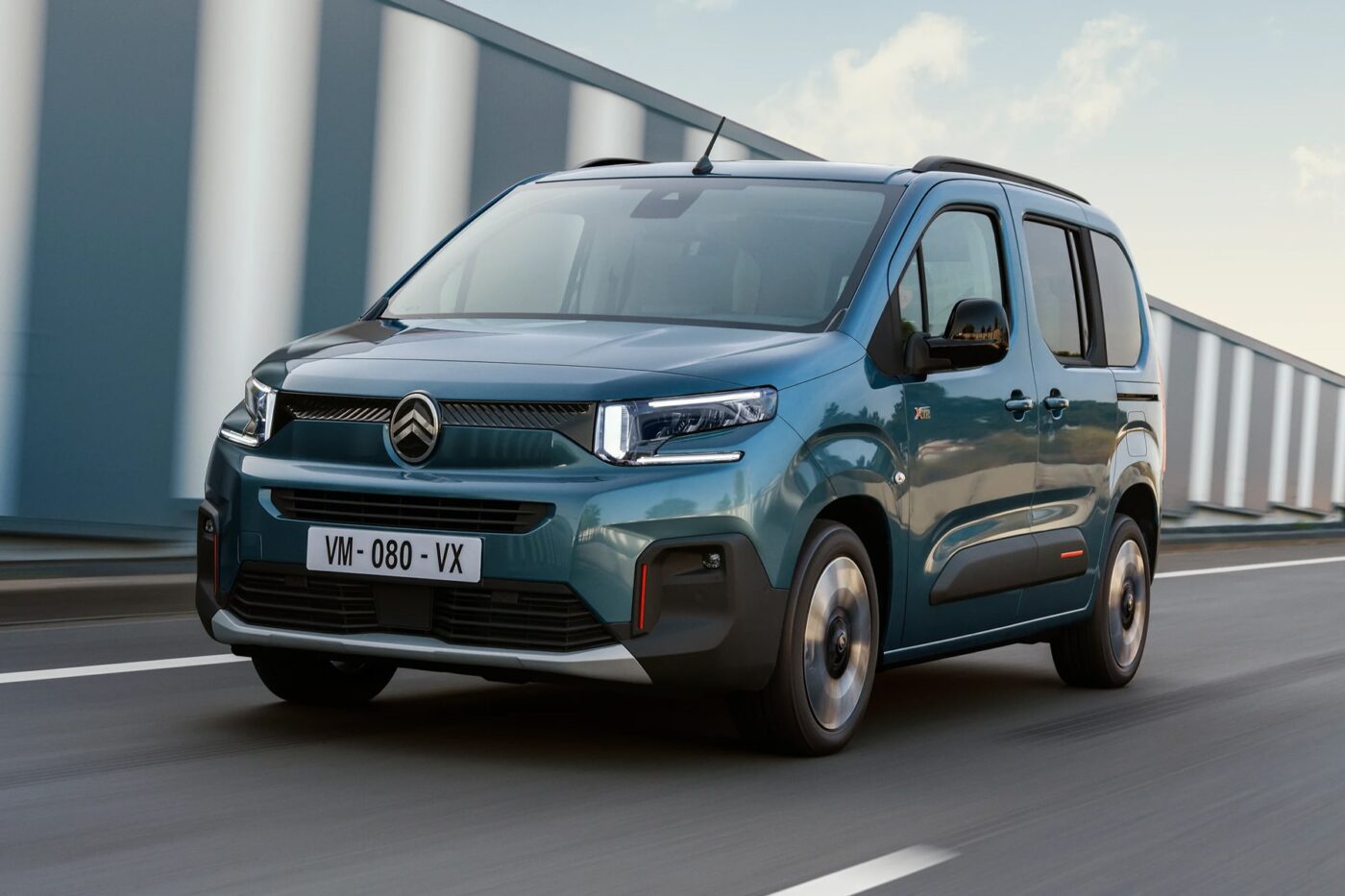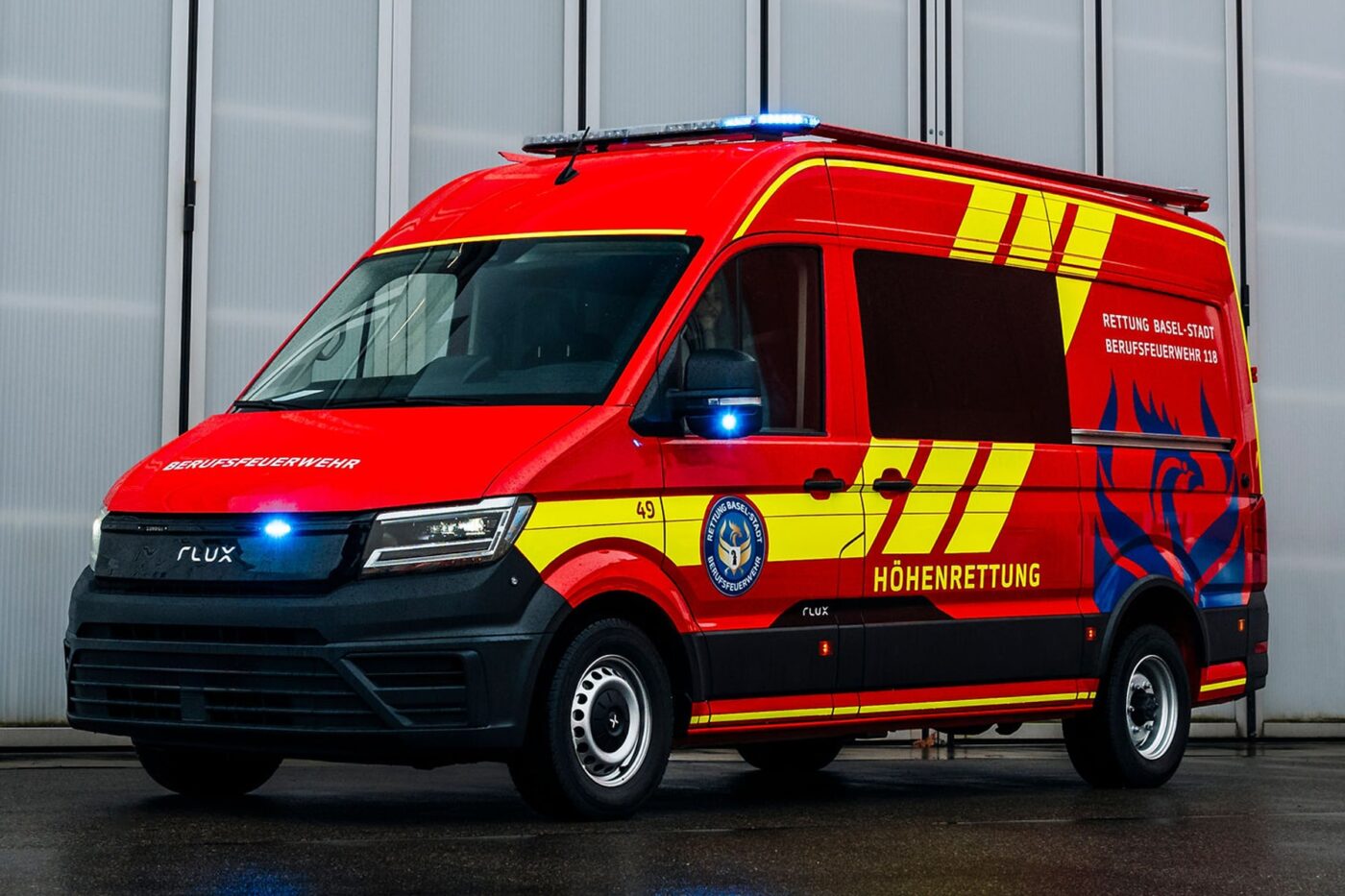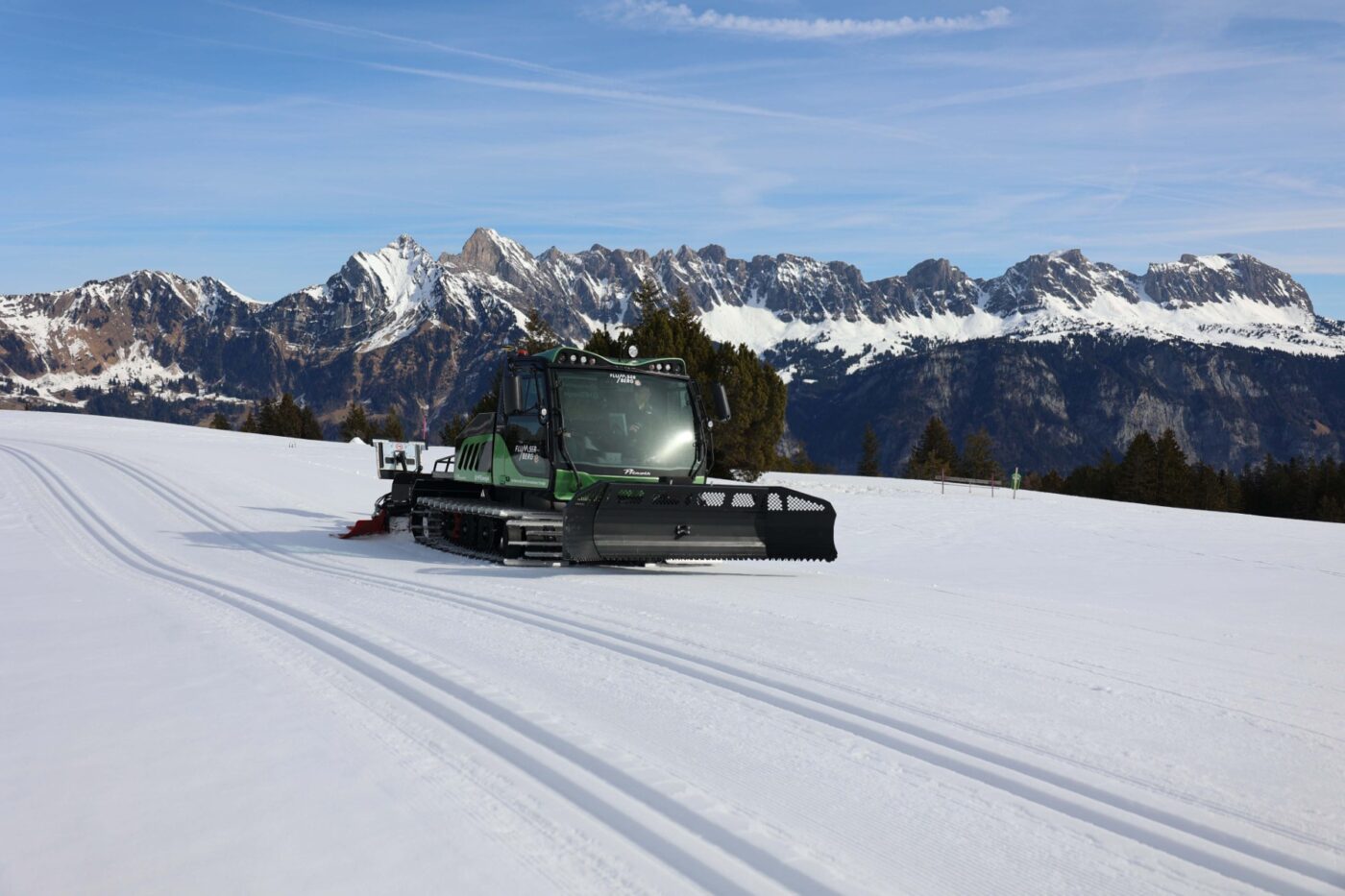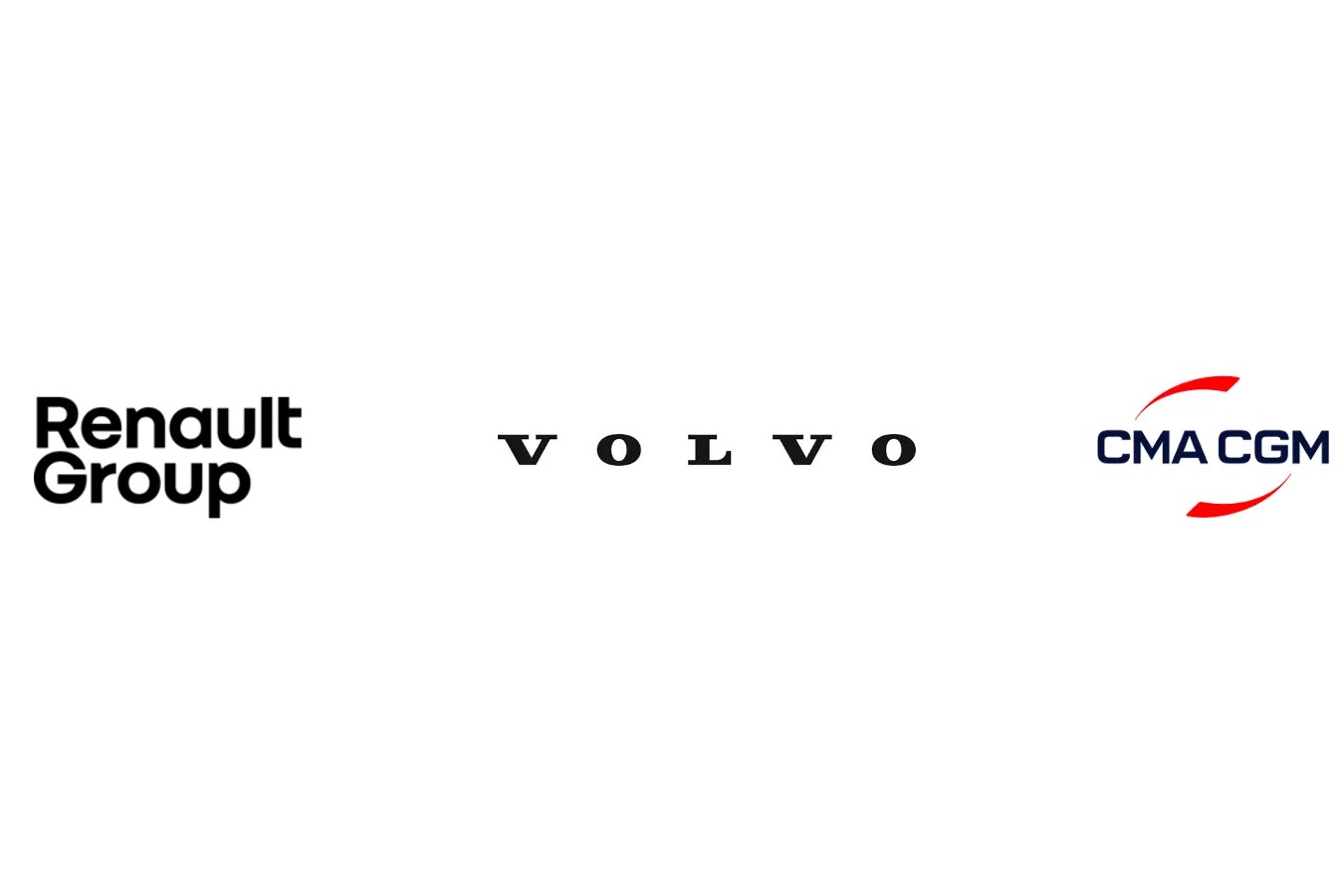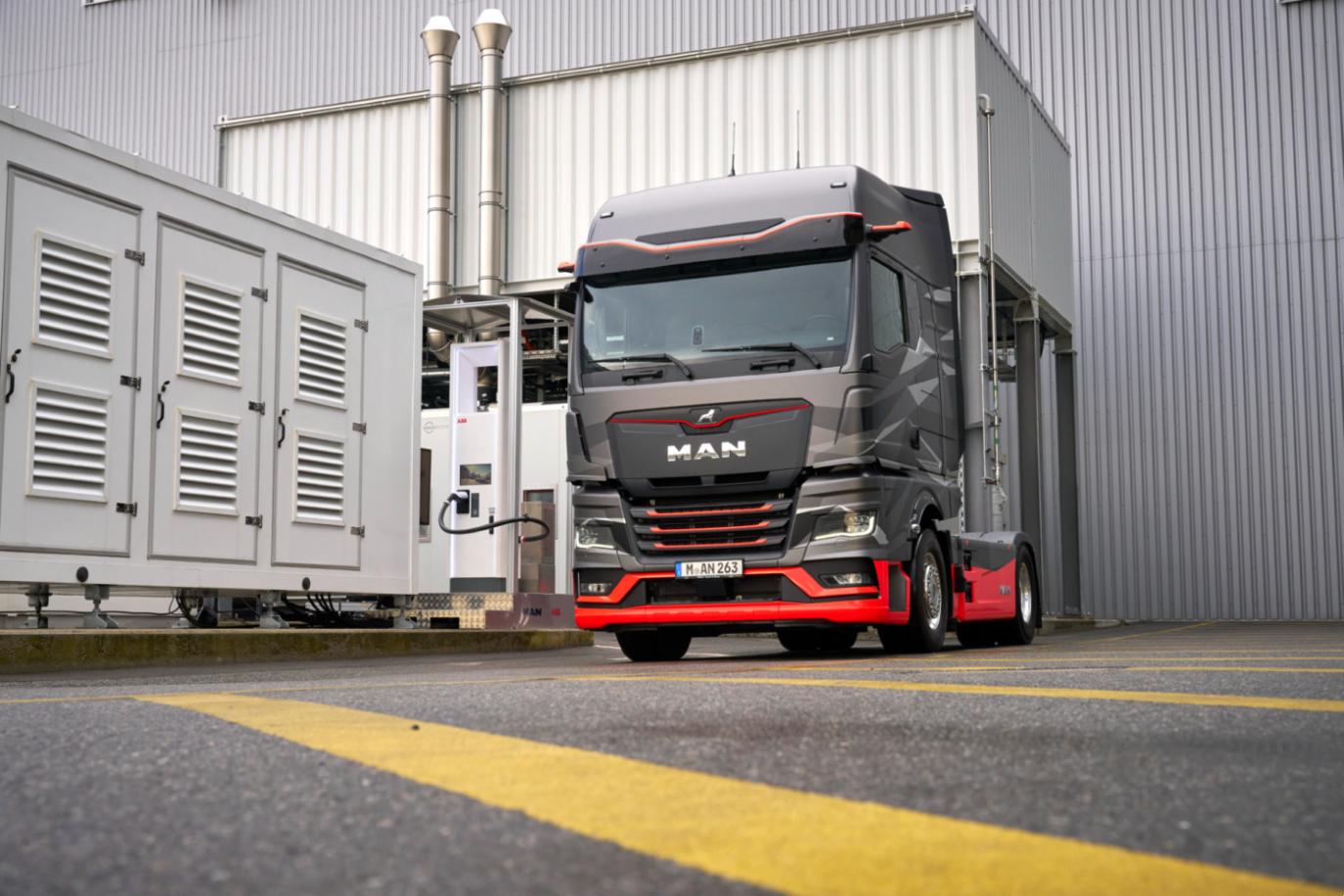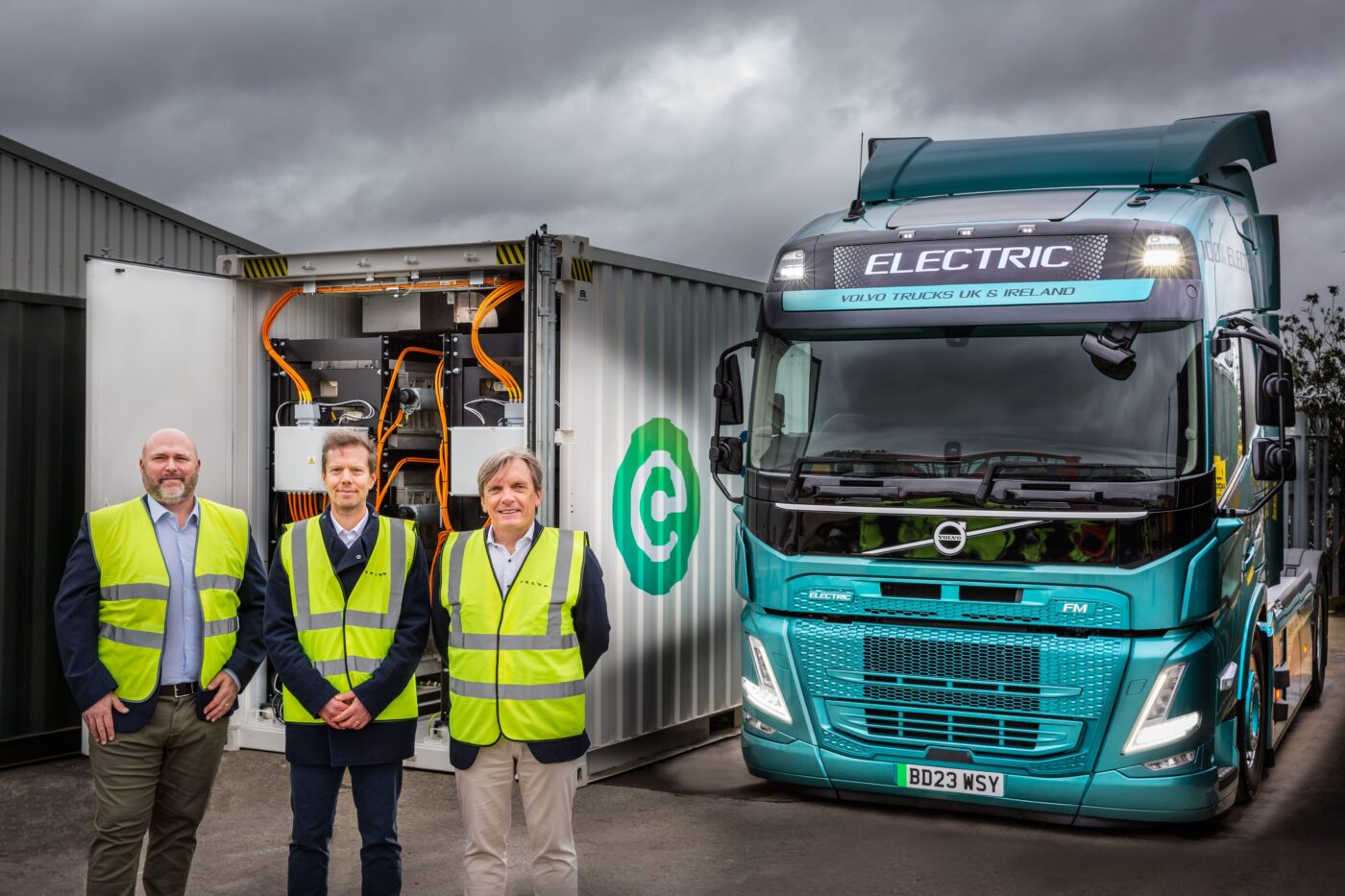Renault and XPO Logistics have inked a purchase agreement for 165 fully electric lorries, marking a significant step in XPO’s efforts to replace its diesel fleet on short-haul routes with cleaner alternatives.
The order includes 105 Renault Trucks E-Tech T (44 tonnes) and 60 Renault Trucks E-Tech D and D Wide (16 and 19 tonnes). This represents Renault’s largest order for electric trucks to date from a single customer. XPO had previously ordered 100 electric trucks from Renault in 2022, scheduled for delivery between 2022 and 2024, making this the second major order from the logistics giant.
The Renault E-Tech T, produced at the French plant in Bourg-en-Bresse since the end of last year, can accommodate four to six battery packs with capacities ranging from 390 to 540 kWh. The maximum configuration offers a range of up to 300 kilometres. Renault Trucks specifies a charging capacity of 43 kW AC and up to 250 kW DC, with a 9.5-hour AC charging time and a 2.5-hour DC charging time. A vehicle with six battery packs can cover up to 500 kilometres with a one-hour intermediate charge.
The Renault E-Tech D Wide 4×2 Truck is an 18-tonne vehicle that can travel up to 200 kilometres with a 264-kWh battery or up to 285 kilometres with four 94-kWh packs. Charging capacities include up to 150 kW DC and 22 kW AC.
XPO Logistics aims to further expand its electric fleet and have electric vehicles account for 25 per cent of its transport operations in France by 2030. The company also targets a 25 per cent reduction in CO2 emissions by 2025 compared to 2019 levels.
“Our significant order of electric trucks reflects our strong commitment to reducing our carbon footprint,” said Bruno Kloeckner, Managing Director at XPO Logistics France. “The technology of the electric vehicles already fully convinced us and our drivers during the first all-electric test drive in 2021.”
“Renault Trucks is very proud to accompany XPO in its ecological transformation,” added Christophe Martin, General Director of Renault Trucks France. “This new collaboration is an important step towards sustainable transport development, which remains crucial for a well-functioning society.”


